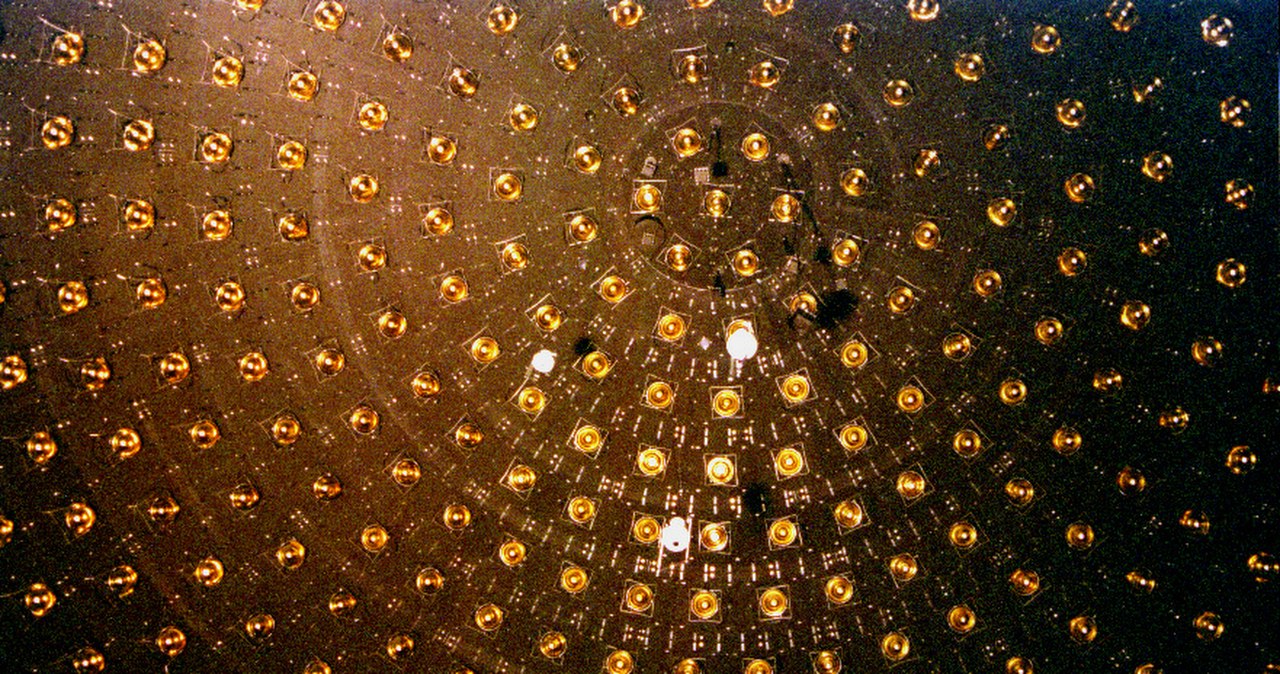
„The Implications Are Profound”: Trump May Have Helped Resolve A Key Global Conflict
By Michael Every of Rabobank
In classic The Economist-style timing, Foreign Affairs just ran a lead ‘China Goes on Offence’ which underlined “Beijing’s Plans to Exploit American Retreat.” Subsequent developments in the Middle East underlined the complete opposite.
With wild headlines such as ‘Trump to run Gaza with Blair’, a Trump-Netanyahu joint White House press conference officially unveiled the former’s 20-point plan to end the Gaza war and move towards a resolution of that issue – which Netanyahu has signed up to alongside the Gulf Cooperation Council and a slew of leading Muslim countries.
The deal is basically this: Hamas releases all remaining hostages in 72 hours; disarms; and its members who wish to will be given safe passage to third countries; a new US and Arab-backed security force will step in as Israel pulls back in stages; Trump will act as head of a new body called the Board of Peace alongside Blair and other global technocrats; no Gazans will be forced to leave; Israel will not annex any land; and massive deradicalisation efforts will proceed in tandem with reconstruction. The issue of a Palestinian state is kicked into the long grass until the foundations are literally placed for a stable polity and economy. There will also be a US-Qatar-Israel trilateral forum to try to find ways to cooperate.
Of course, Netanyahu has his far-right government coalition parties to deal with – but he has the support of opposition parties if he needs them. That leaves Hamas. There, the crucial point is that, following an official apology to Qatar from Netanyahu for his recent strike in it, even Doha is pushing it to agree – it looks like it is feeling US pressure as much as Israel is. Indeed, if Hamas don’t agree, the US and other Muslim countries behind the deal will allow Israel to crush it and then hand over those territories it liberates to be run and rebuilt as above one by one. In short, this looks like it is going to be done, as was said, “either the easy way, or the hard way.”
If so, the implications are profound. Trump would have helped resolve a key global conflict; the Abraham Accords could rapidly expand, and even to places like Indonesia; and the Middle East would be even more clearly under the US umbrella. Where were China and Russia as this happened? Nowhere. Equally, where was Europe? Where it has been for decades now.
China is instead mentioned in foreign affairs via the Australia’s ABC, which claims classified US intelligence is warning of China’s preparation for a Taiwan invasion. That’s as the Wall Street Journal reports the Pentagon is pushing to double US missile production for a potential China conflict, where suppliers have been asked how they can hit 2.5 times higher output in just 6–24 months, with private capital and licensing options therefore on the table.
Moreover, the Nikkei Asia reports the China-focused AUKUS defence pact has apparently survived an internal Pentagon review, and the planned US nuclear submarine sale to Canberra is to proceed – but will that mean the US making even greater reforms to speed up military production and/or Australia spending 5% of GDP on defence like NATO? To say there are major market implications in these dramatic geopolitical headlines is an understatement.
Russia is mentioned as Medvedev warned Europe of the danger of nuclear danger ahead and Germany’s Chancellor Merz said Europe is “no longer at peace” with Moscow. As one global front may cool down, will another then heat up?
Which one though? Colombia’s President Petro is seeking to revise the US-Colombia trade deal following his recent expulsion from the US after his visa was withdrawn for participating in a political protest, and Venezuela’s President Maduro signed a decree granting himself additional security powers, including the ability to mobilize armed forces nationally, as well as placing public firms under military control, obviously in response to US military statecraft nearby. So, the US has Venezuela, Brazil, Argentina, and Colombia –and Panama and Greenland– to focus on under the Monroe Doctrine. That’s on top of Ukraine-Russia, and the Middle East, and the Indo-Pacific.
In geoeconomics, we see a slew of related news. A Saudi real estate developer is to build a $1bn Trump plaza in a Red Sea port; the Saudis also acquired Electronic Arts for $55bn as part of a plan to build a gaming hub; and Riyadh is “Losing its appetite for oil”, says Bloomberg, arguing it’s becoming Solar Arabia.
The US tightened export controls on Chinese companies where subsidiaries of blacklisted firms now are too, as China’s US ambassador chided it for “closing doors” and enacting tariffs, and Huawei announced it will double its output of top AI chips. The US also put tariffs on lumber to prop up that sector.
In politics, with no deal reached, a US government shutdown seems to loom; the UK’s PM Starmer is to tell his party conference that GDP growth is the ‘antidote to division’ – as Chancellor Reeves warns against ditching the fiscal rules that don’t allow for more fiscal stimulus; and France’s socialists are threatening to topple Macron’s new PM Lecornu for his “unreasonable” deficit-reduction plans. Can you spot a pattern there?
In markets, “The US and Switzerland reconfirmed they have undertaken under the IMF Articles of Agreement to avoid manipulating exchange rates or the international monetary system to prevent effective balance of payments adjustment or to gain an unfair competitive advantage,” in a joint official statement. Ironically, here it took geopolitical pressure to get a country to say, “OK, because markets!” rather than the opposite, which is the general economic statecraft trend.
Moreover, the key Swift system pledged to build a blockchain-based ledger for banks and financial firms, literally to make it swifter, as the geopolitical, geoeconomic, and global financial architecture all goes into joint flux.
Meanwhile, Aussie building approvals -6.0% m-o-m vs. +2.6% expected and China’s manufacturing PMI at 49.8 vs. 49.6 consensus, and non-manufacturing at 50.0 vs 50.2 are the kind of market minutiae that some might want to focus on instead.
The RBA left rates on hold at 3.60%, as expected and said growth in unit labour costs was too high, there are uncertainties over the domestic economic outlook (only the domestic?), and for now it was judged as better to “remain cautious.” Growth risks to the downside and inflation risks to the upside? This wasn’t supposed to happen.
Then again, neither were all of the foreign affairs developments we now see – which seem to have surprised some experts in Foreign Affairs.
* * *TOP SELLERS * * *
IQ Male Enhancement (almost out)
IQ Testosterone Booster
IQ Astaxanthin (extremely powerful antioxidant 6,000x more powerful than vitamin C. Good for inflammation, joints, skin, eyes, cognitive & physical performance)
Steak Lover’s Bundle
ZeroHedge Waxed Canvas Hat
Tyler Durden
Tue, 09/30/2025 – 14:40

 2 miesięcy temu
2 miesięcy temu
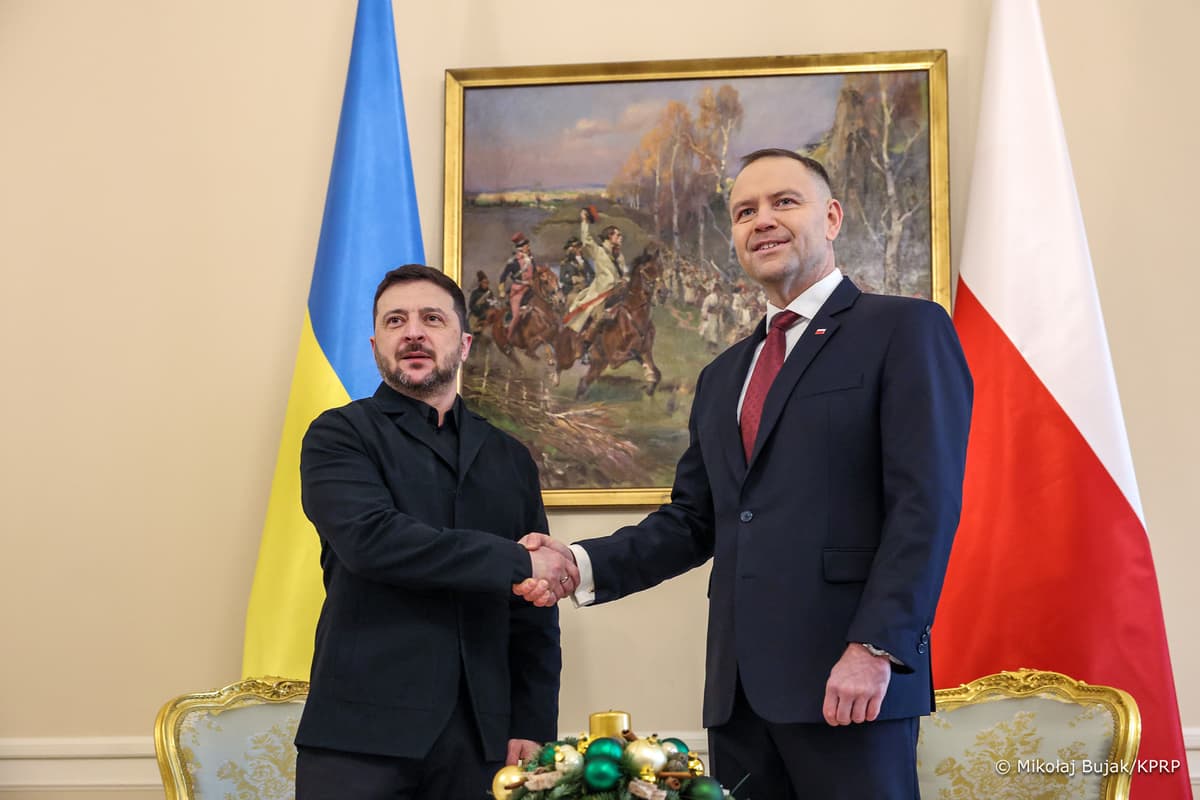


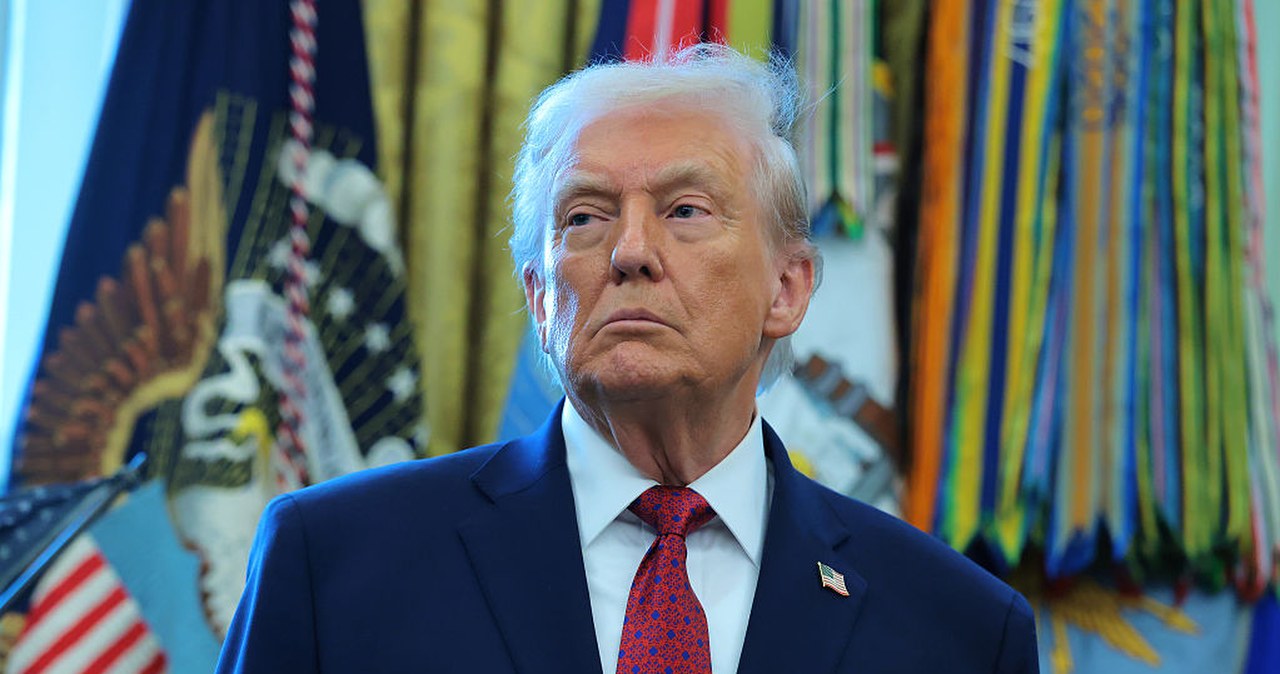
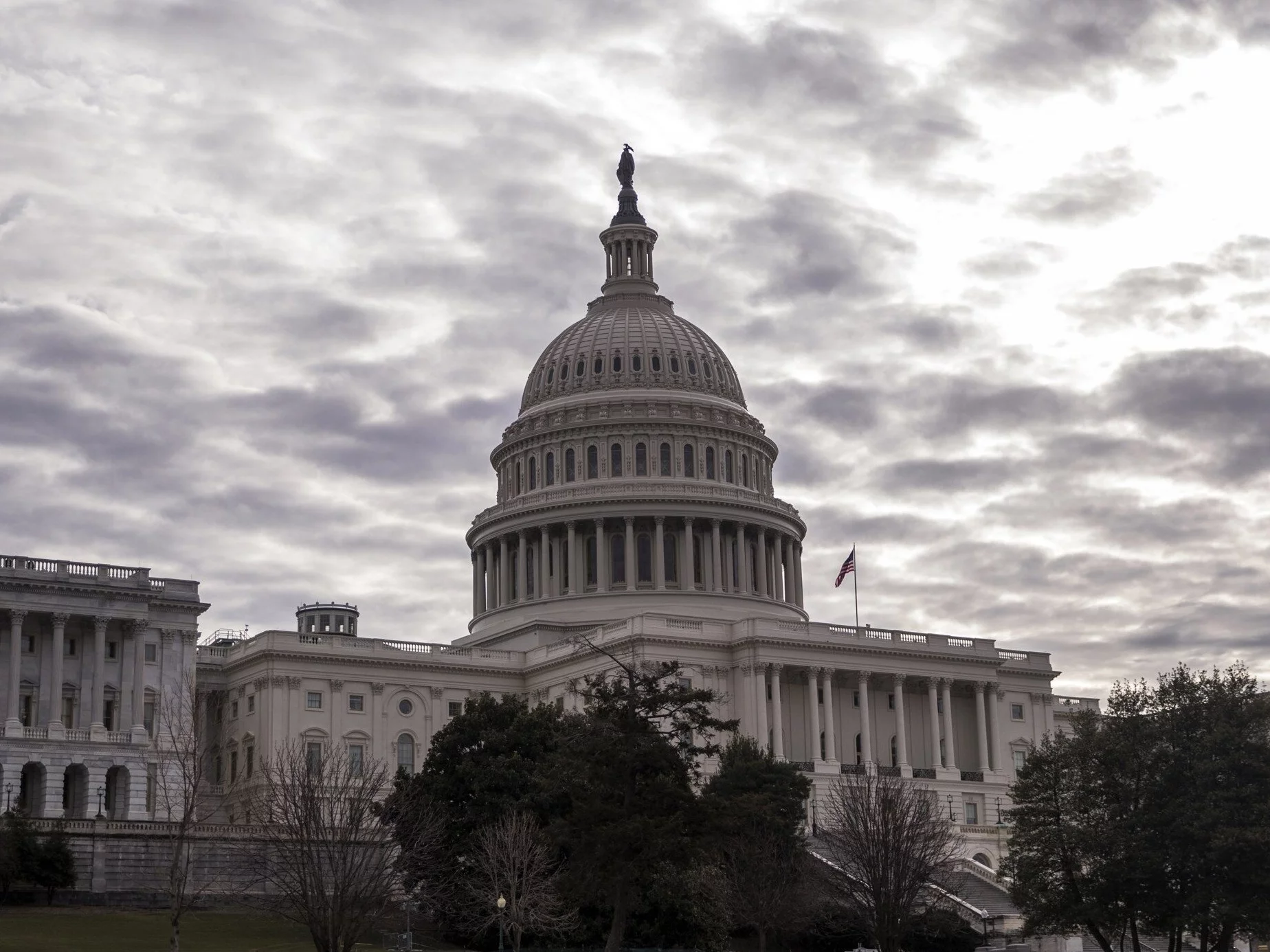
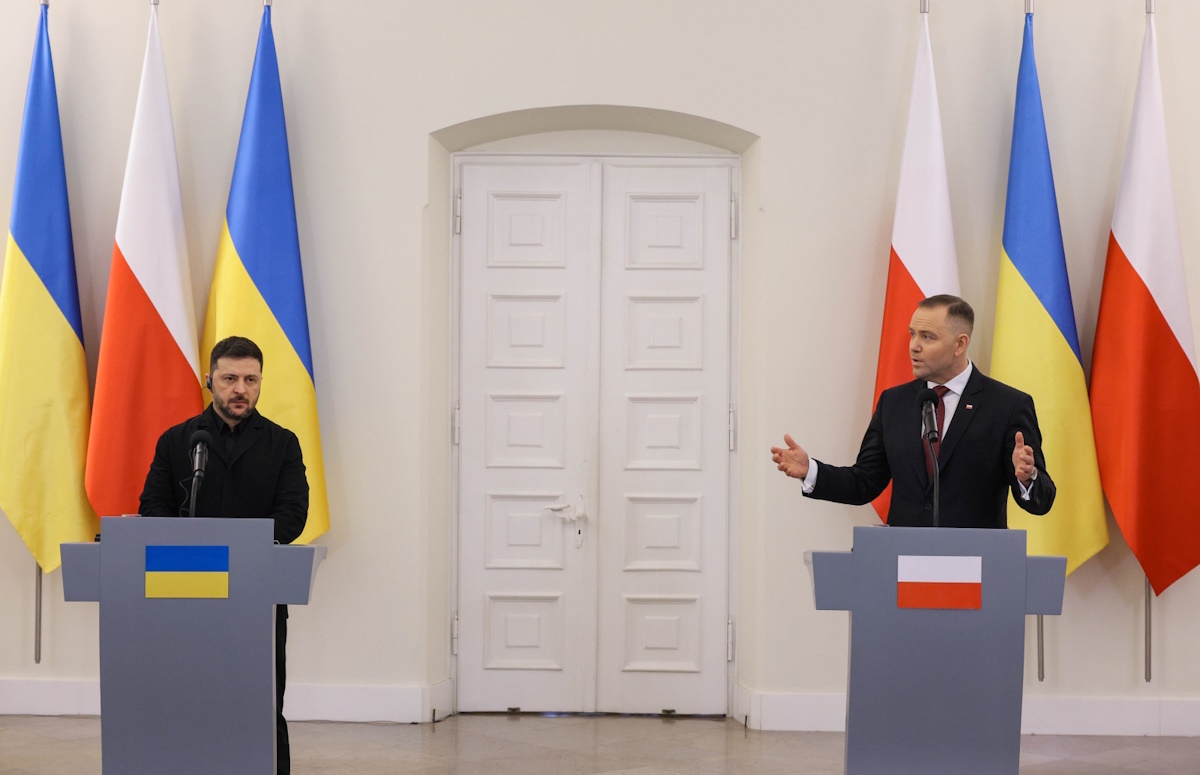



![Wojewoda wizytował konecką straż pożarną [wideo, zdjęcia]](https://tkn24.pl/wp-content/uploads/2025/12/Wojewoda-i-komendant-wojewodzki-odwiedzili-nowa-komende-Strazy-Pozarnej-w-Konskich-02.jpg)
